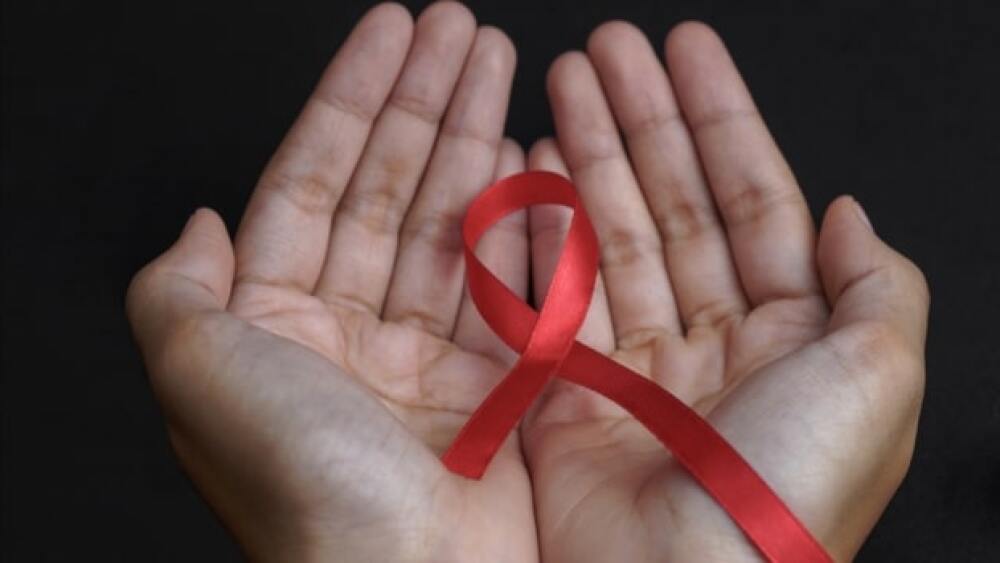The pre-specified interim data analysis indicated that the Cabotegravir hit the primary objective of superiority compared to the current standard of care for women.
Cabotegravir remain ahead in treating HIV in women.
ViiV Healthcare announced that an independent data safety monitoring board (DSMB) recommended they unblind the data early from their HIV Prevention Trials Network (HPTN) 084 trial of cabotegravir for HIV prevention in women. The pre-specified interim data analysis indicated the drug hit the primary objective of superiority compared to the current standard of care for women, which was daily oral emtricitabine/tenofovir disoproxil fumarate 200 mg and 300 mg (FTC/TDF) tablets (Gilead Sciences’ Truvada). Cabotegravir was 89% more effective than the daily FTC/TDF for pre-exposure prophylaxis (PrEP).
ViiV focuses solely on HIV. It is majority owned by GlaxoSmithKline with Pfizer and Shionogi as shareholders. These results followed data reported earlier this year from a companion study, HPTN 083, that found long-acting cabotegravir was superior to daily oral PrEP in preventing HIV in men who have sex with men and transgender women who have sex with men.
The HPTN 084 trial had 3,223 participants at 20 sites in seven countries in sub-Saharan Africa, including Botswana, Kenya, Malawi, South Africa, eSwatini, Uganda and Zimbabwe. The study was designed to evaluate the safety and efficacy of cabotegravir for HIV prevention when administered every eight weeks compared to daily oral FTC/TDF tablets in 3,223 women at increased risk of HIV infection.
“It’s thrilling to collaborate with the NIH and the Bill & Melinda Gates Foundation to conduct such an important study in HIV prevention in women and deliver ground-breaking results confirming the superior efficacy of long-acting cabotegravir for PrEP,” said Kimberly Smith, head of Research & Development at ViiV. “Women need more effective choices for HIV prevention. If approved, long-acting cabotegravir will provide an option that reduces the number of annual dosing days from 365 to six. In addition, long-acting cabotegravir can be discretely administered and may empower women to reduce their risk of HIV acquisition without the need for negotiation with their sexual partner.”
The trial was jointly funded by the U.S. National Institutes of Allergy and Infectious Diseases (NIAID), the National Institute of Mental Health, both part of the National Institutes of Health, the Bill & Melinda Gates Foundation and ViiV Healthcare. It was conducted by the HPTN. ViiV produced cabotegravir and Gilead provided Truvada.
“With the combined landmark findings of HPTN 084 announced today and HPTN 083 announced earlier this year, we’ve confirmed that long-acting cabotegravir is a superior HIV prevention option for men and women,” said Myron S. Cohen, co-principal investigator of the HPTN and the Yeargan-Bate Distinguished Professor of Medicine, Microbiology and Immunology and Epidemiology at the University of North Carolina (UNC) at Chapel Hill. “New HIV prevention agents that address the many needs of all individuals at risk for acquiring HIV are essential pillars of our strategy to end the HIV epidemic. If approved, the innovative new injectable option administered once every two months will expand the way we approach HIV prevention.”
ViiV plans to present the data from HPTN-084 at an upcoming scientific meeting and to leverage the data from both trials, HPTN 084 and HPTN 083 for future regulatory submissions. Cabotegravir hasn’t been approved anywhere yet.
“Young women may be twice as likely to acquire HIV as their male counterparts in certain regions of the world,” said Sinead Delany-Moretiwe, HPTN 084 protocol chair and research director at Wits RHI, University of the Witwatersrand in Johannesburg, South Africa. “It’s for this reason particularly that participants from sub-Saharan Africa were chosen for the HPTN 084 study, as women in this region bear a disproportionate burden of the HIV epidemic.”





